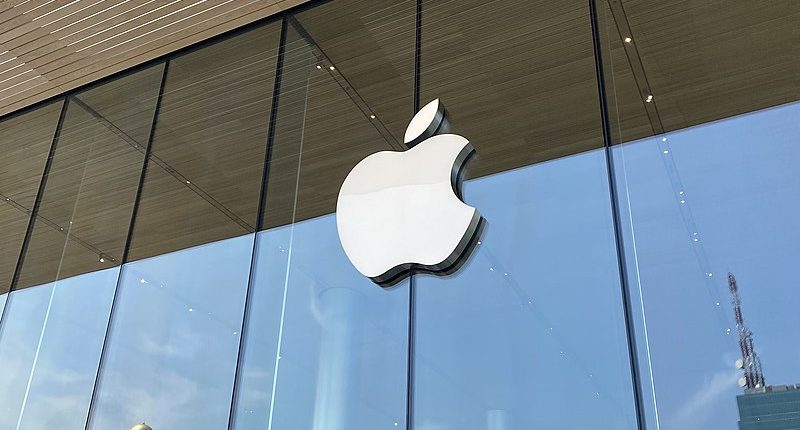One of the most anticipated developer events of the year, Apple WWDC 2021, finally took place on June 7, with a number of revelations and a whole array of new Apple based operating systems. The company has been betting on a new horse lately-privacy, introducing features to make customer data more secure than ever, something that has not gone down well with Facebook. Now, instigating the bull even more, the tech giant has announced more stringent privacy features at last night’s event.
It has been announced that the new line of operating systems, including the iOS 15, iPadOS 15, watchOS 8, and even the macOS Monterey, will have much stronger privacy protection shields, which will allow users to better regulate access to their data.
Introducing the new set of features, Craig Federighi, Apple’s senior VP of Software Engineering, said, “Privacy has been central to our work at Apple from the very beginning. Every year, we push ourselves to develop new technology to help users take more control of their data and make informed decisions about whom they share it with. This year’s updates include innovative features that give users deeper insights and more granular control than ever before.”
In case you’re wondering what the new and better data protection means to you, we’ve got you covered. Now, you will not have to be subjected to invisible pixels which users send to spy on information from other users, with the help of Mail Privacy Protection on the Mail app. This will block tracking of IP addresses, online activity, and even information on the exact time at which a Mail was opened. As for Safari, now, the IP addresses of users will be safe, as Intelligent Tracking Prevention goes for a revamp.
Meanwhile, users will now also get a full App Privacy Report, informing them about which apps track their data (along with the type of data tracked) the most over the past week. This will allow them to make changes to their app permissions if need be. Third-party domains which might have access for user data will also be taken note of.
One of the most important and amazing new features will grant Siri the ability to process user requests directly on their iPhone or iPad, through on-device voice recognition. This in turn will save users from having to fret over the security of their data, when it comes to voice assistants. Moreover, now, many requests like setting alarms, opening apps, playing music, etc. will be processed by Siri even without an internet connection.
iCloud will also be getting cool new premium features, including Hide My Email, iCloud Private Relay, and even an expanded support for Homekit Secure Video, all bundled in a new package known as iCloud+. Private Relay will allow you to access the internet and browse easily, in a much more protected manner. Full data encryption will be enabled on Safari, by virtue of this new premium tool.
Hide My Email, on the other hand, will have the ability to help users share random and unique email addresses (take icecream@gmail.com for example), with others, in such a manner that all mails received on these addresses will automatically forward to their actual, private email address. Using features developed through the Sign in with Apple tool, this feature will prove to be helpful in case you ever feel like you don’t want to share your actual mail address with someone. It will be supported on iCloud, Safari, and even Mail, and there is no limit on the number of unique mail IDs that users can generate.
Home security videos will now be saved in a fully end-to-end encrypted format, and even the number of cameras that can be attached to the Home app has increased significantly, all thanks to the new and expanded Homekit Security Video.
Some other new additions here and there have also been announced to make life easier. One of these is “share current location”, which will share the user’s current location with apps just once, preventing further access after the session.
This comes at a time when Apple Inc. has been extensively vocal about its disapproval over the amount of private data that apps, including the likes of Facebook, collect from users. The company had recently introduced the App Tracking Transparency and Privacy Nutrition Labels on its App Store in the iOS 14.5.





